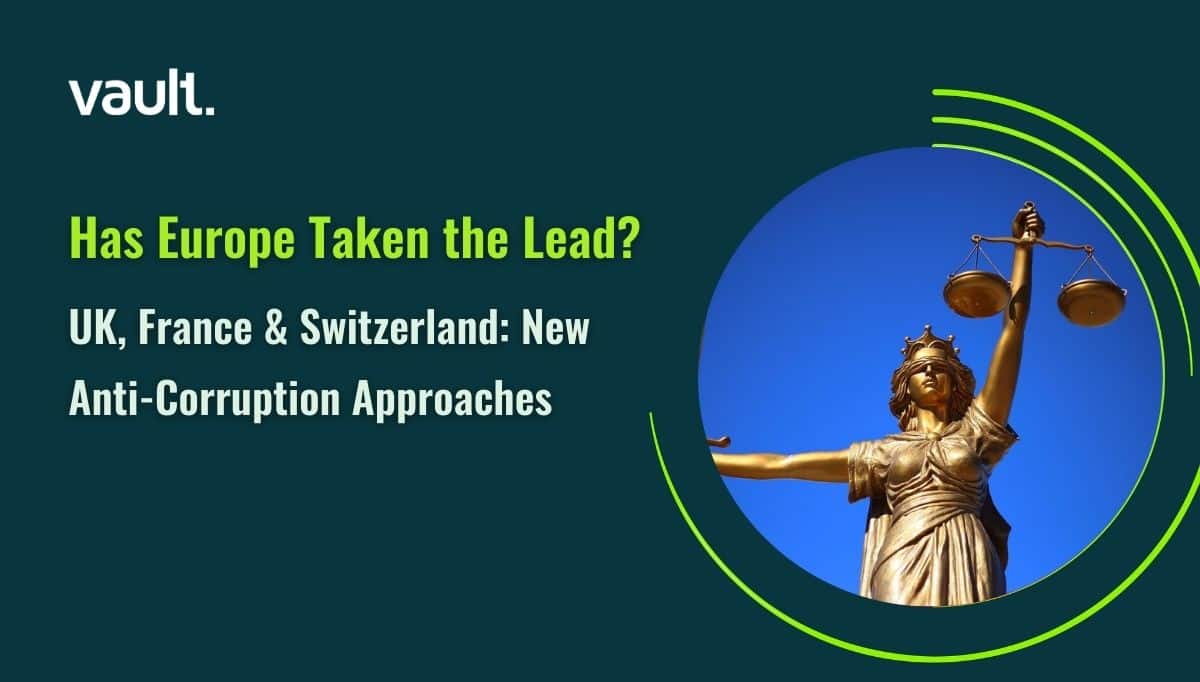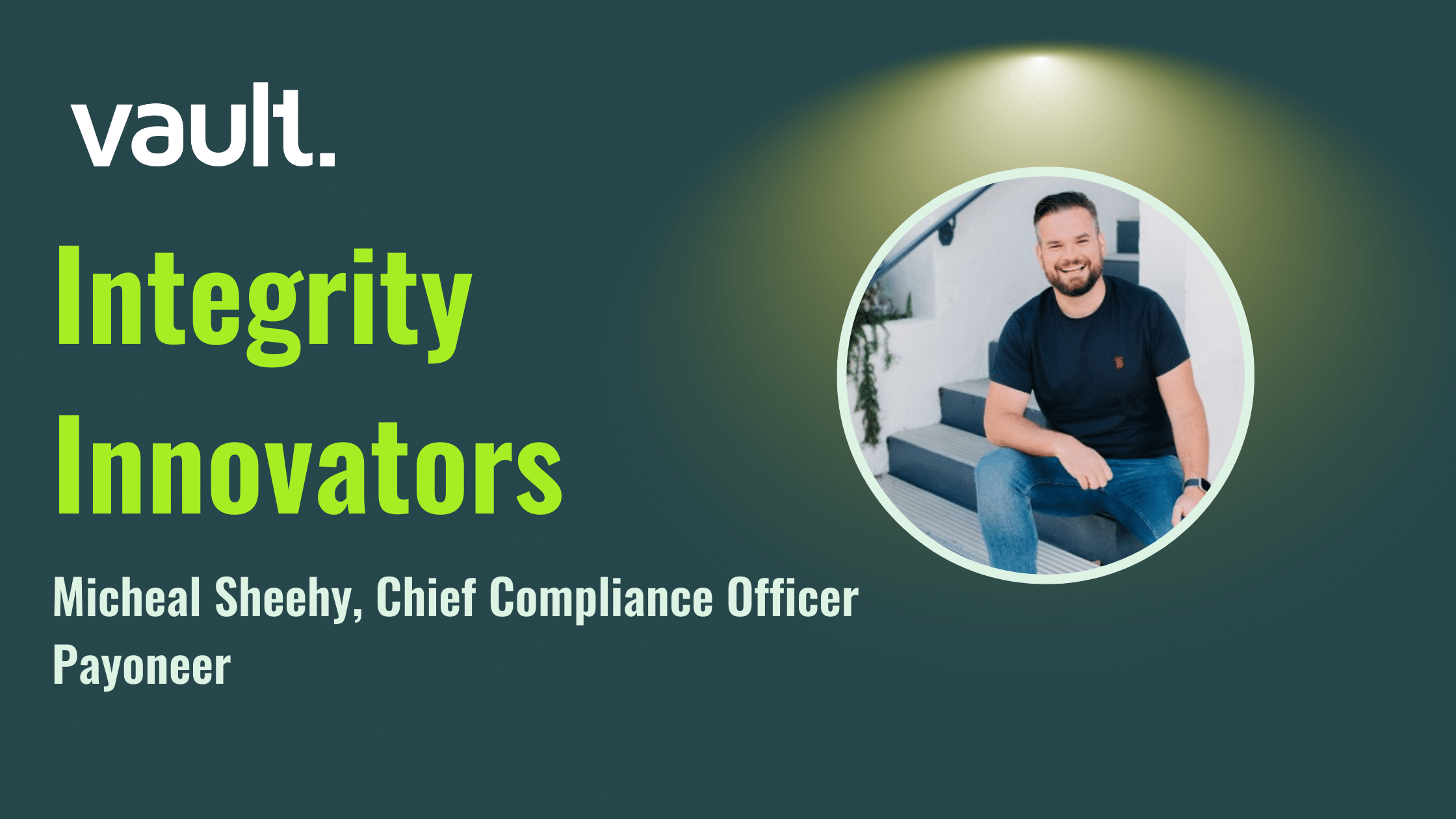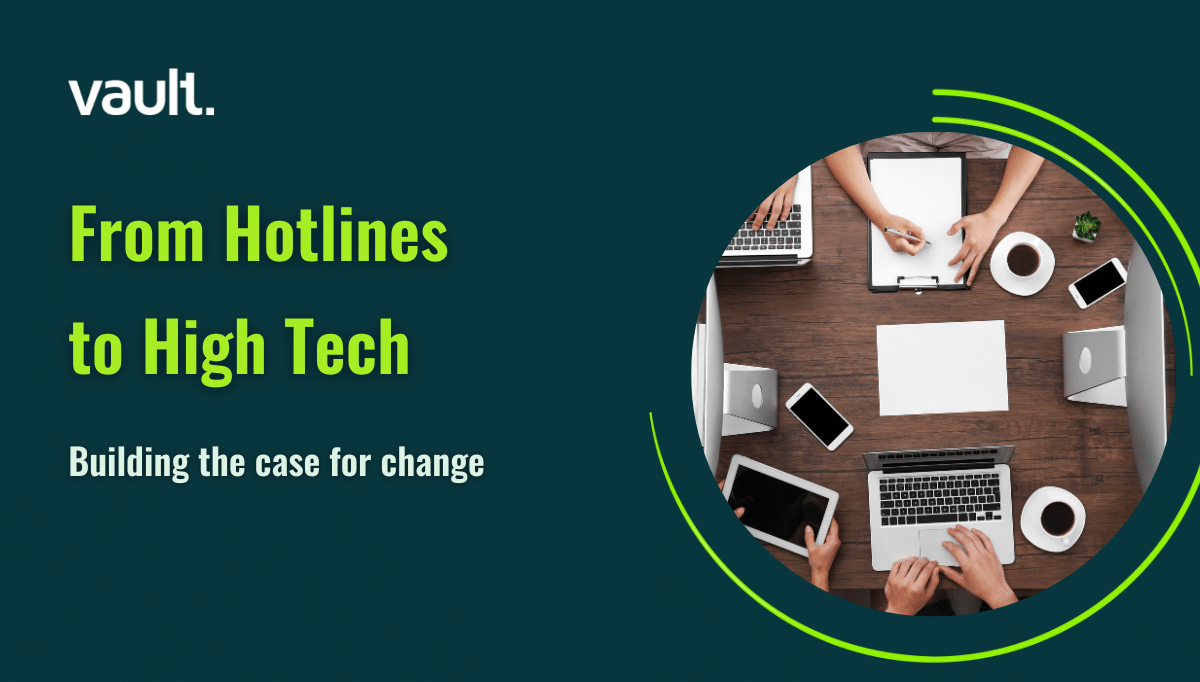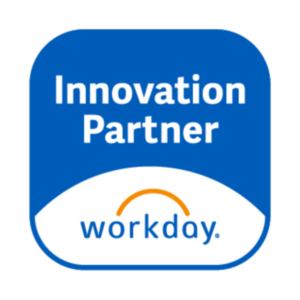For a successful transition back into the workplace – wherever that may be – employees require a greater sense of safety beyond the previous status quo. This is the message from Josh Bersin, leading expert on workplace culture and human resources who we are fortunate to have on our advisory board.
In a recent LinkedIn post, Bersin argues that beyond the acceleration of digital transformation, the COVID-19 crisis is re-focusing workplace priorities away from yoga and ping-pong to baser needs. Effectively flipping Maslow’s Pyramid to prioritize physical needs and psychological safety (including diversity and inclusivity) over career progression and personal growth. In a sense, this continues a shift already apparent pre-pandemic towards a focus on employee experience and trust.
A baseline of trust
Bersin has talked about trust in another recent piece:
“In this new world, Employee Experience, Wellbeing, and Trust are at the very center of your entire company strategy.”
But how exactly can organizations build trust quickly and ensure it is maintained in the long-term? Trust is fundamentally built on transparent, two-way communication. In the workplace, trust relies on a constant flow of communication between employer and employees – building accountability and a sense of empowerment that ‘my voice will be heard’.
By implementing solutions to address this need for a two-way dialogue, businesses can ensure they will be the first to hear of issues lying beneath the surface, and send a clear message to their workforce during uncertain times – that their voice matters and their concerns will be acknowledged.
The use of tools
Bersin speaks to new tools of ‘attestation’ that would encourage employees to actively come forward about their health status. This requires greater transparency on the employee’s part but Bersin argues the same is true of the employer, which will have to assert that people will be paid for sick leave so as not to bring that sickness into the workplace.
Beyond health monitoring, employees will understandably have concerns and questions as they transition back into a changing work environment. Providing a safe space that employees have easy access to on an ongoing basis will be key in providing the psychological safety required to make this a smooth transition.
Vault Platform provides a safe channel to voice concerns and issues in a way that comes naturally to people – through their mobile device. In addition, in this uncertain environment (in terms of job security and personal wellbeing), many employees may feel reluctant to rock the boat by raising issues with their employer but employers have a duty of care to provide a safe channel that enables people to Speak Up.
Even before the crisis, trust was a foundation for employee engagement and productivity. Post-pandemic, trust not only plays an essential role in ensuring future outbreaks in the workplace are mitigated, as Bersin remarks, but also to build an inclusive and diverse workplace where employees feel heard and respected. What he has dubbed the Big Reset is a clear opportunity for organizations to raise the bar for employee experience, with a strong foundation of trust and transparency.
Read more about building a Speak Up culture in Vault Magazine
[simple-author-box]




